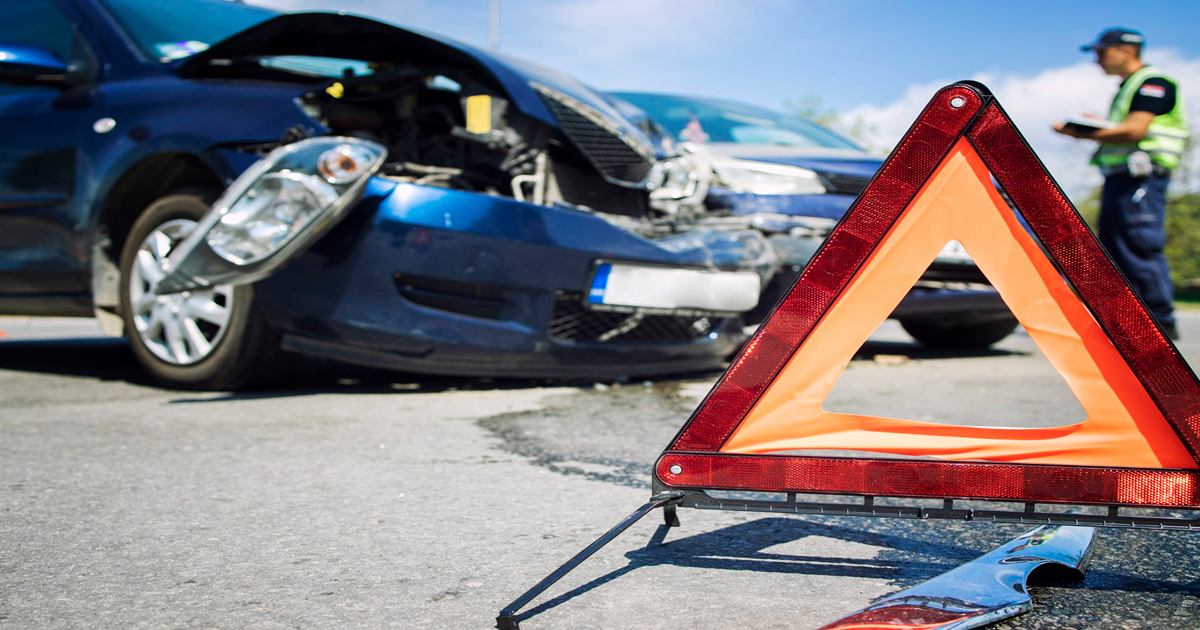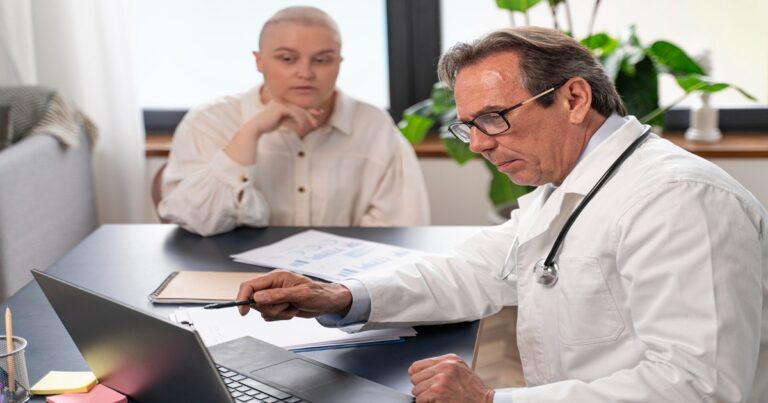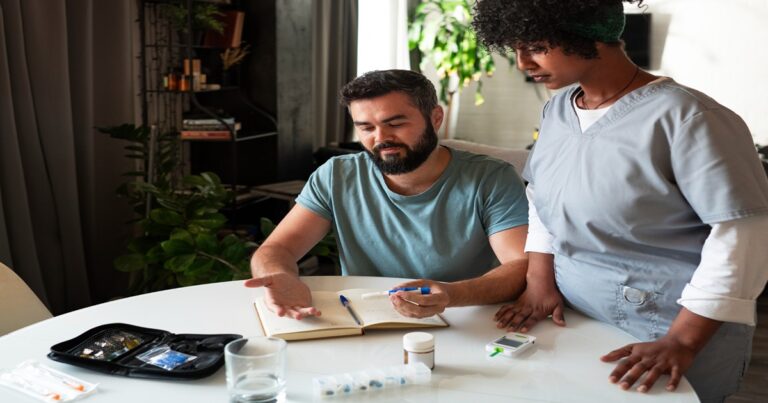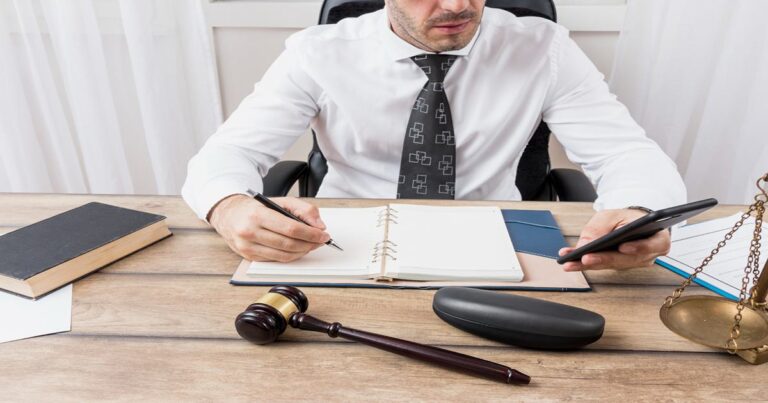What to Do After a Car Accident Injury
Getting injured in a car accident can be overwhelming. In the confusion, many people miss important steps that could affect their health, insurance claim, or legal case. Whether you’re in a minor fender bender or a major collision, knowing what to do immediately after the accident is crucial. This blog outlines the most important actions to take, explains your rights, and gives you a clear accident injury checklist to help guide you.
Injured in a Car Accident – What to Do First
If you’ve been injured in a car accident, what to do next will make a big difference in how well you recover—physically and financially. First, stay calm and remain at the scene. If possible, move to a safe area away from traffic. Your safety and the safety of others should be the top priority. Next, call emergency services. Even if the accident seems minor, it’s essential to report it to the police. A police report is often a key document in insurance and legal claims.
First Steps After Accident Injury
The first steps after an accident injury can significantly impact your recovery and any compensation you may receive. One of the most common mistakes is not seeking immediate medical attention. Even if you feel fine, injuries like whiplash, internal bleeding, or concussions might not show symptoms right away. Always get checked by a doctor and follow their treatment plan.
Also, inform your insurance company about the accident as soon as possible. Provide them with the basic facts, but avoid giving detailed statements or admitting fault until you’ve consulted a lawyer. If you’re physically able, gather information at the scene. This includes taking photos of the vehicles, your injuries, the surrounding area, and any road signs or traffic signals. Also, exchange information with the other driver—name, contact, insurance, and license plate details.
Accident Injury Checklist
Here is a practical accident injury checklist you can follow:
- Call emergency services (police and ambulance if needed)
- Move to a safe location if you’re in danger
- Get a medical evaluation (on-scene or at the hospital)
- Take photos of the accident, damage, and injuries
- Collect witness contact information
- Exchange insurance and license details with the other driver
- File a police report
- Notify your insurance provider
- Keep all medical records, bills, and receipts
- Track lost wages and time off work
- Consult a personal injury lawyer before making any statements
Following this checklist can protect your rights and increase your chances of a successful injury claim.
Document Everything
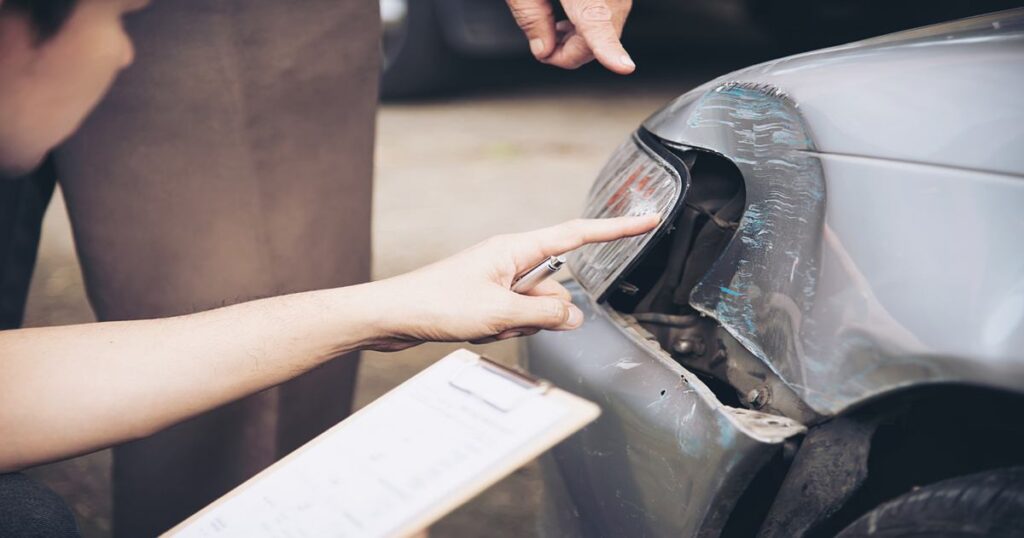
Documentation is key to supporting your claim. Keep a folder or digital file with your medical records, doctor’s notes, prescriptions, bills, and receipts for out-of-pocket expenses. Include any correspondence with your employer if your injuries force you to take time off. Also, consider keeping a pain journal to track your recovery progress and how the injury affects your daily life. These records not only support your claim but also help justify your compensation.
Don’t Ignore Legal Support
If you were seriously hurt, speaking with a personal injury lawyer is highly recommended. They understand how to deal with insurance companies and can negotiate on your behalf. A good lawyer can explain your rights, calculate fair compensation, and help you avoid mistakes that could lower your settlement. This is especially important if liability is being disputed or if the other driver is uninsured. Most personal injury attorneys offer free consultations, so there’s no risk in exploring your legal options.
Avoid These Common Mistakes
After an accident, many people make avoidable errors. Don’t delay medical treatment. Waiting too long can worsen your injuries and reduce your chances of compensation. Don’t admit fault at the scene. Even saying “I’m sorry” can be misinterpreted. Don’t post about the accident on social media. Insurance companies may use your posts against you. Don’t accept a quick settlement without knowing the full cost of your injuries. Once you settle, you can’t go back and ask for more money—even if your condition worsens.
Conclusion
Knowing what to do after a car accident injury can protect your health, rights, and financial future. By following the first steps after accident injury, documenting everything, and using a clear accident injury checklist, you’re taking control of the situation. Don’t rush the process or assume the insurance company has your best interests in mind. If you’re injured, always seek medical attention, keep detailed records, and get legal advice before settling your claim.
